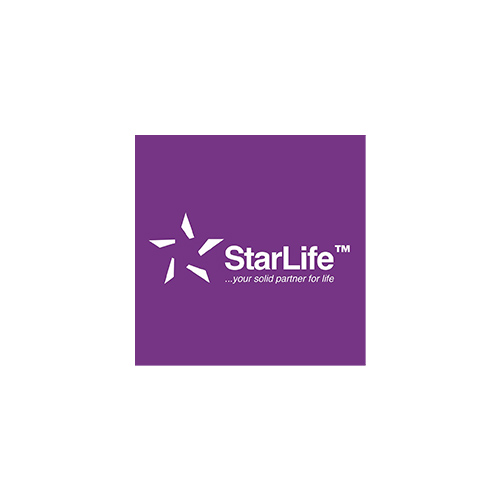
Belgium, despite its size, stands tall as a top study destination in Europe. The country hosts both private and public universities, with some of the latter offering affordable tuition fees. The language barrier is notable, with French, Dutch, and German being the predominant languages of instruction. The choice of language often depends on the community in which the university is located.
Tuition Fees and Living Costs
- EU Students:
- Tuition fees for EU students range from 800-850 euros annually, depending on the institution.
- Non-EU Students:
- Non-EU students can expect to pay between 1000 to 4000 euros, depending on the chosen institution.
- Application Fees:
- International students pursuing master’s and undergraduate degrees may encounter application fees, often competitive for scholarships.
Cost of Living
- Accommodation:
- On-campus accommodations are more budget-friendly, with students spending an average of €750 to €1,100 per month covering accommodation, food, travel, and other expenses.
- Food:
- Grocery shopping and cooking at home prove to be cost-effective, with an average monthly spending of around 150 EUR.
- Transportation:
- Public transportation, such as trains and buses, is affordable, with monthly passes costing around 20 euros for students.
- Additional Costs:
- Other monthly expenses include books (35-50 EUR), entertainment (50 EUR), and insurance/health care (30 EUR).
Student Visa Application
- EU Students:
- EU students do not require a visa to study in Belgium.
- Non-EU Students:
- Non-European international students need to apply for a student visa. This process involves obtaining an acceptance letter from the chosen university before applying for the visa.
Documents Required for Visa Application
- Valid passport
- Original visa application
- Acceptance letter from the university
- Copies of educational certificates
- Cover letter
- Medical certificate
- Proof of financial means
- Past criminal record (if applicable)
- Visa application fee (€210 for long stay, €70 for short stay)
Resident Permit
- A resident permit is required and can be applied for at the regional employment embassy in Belgium.
- With a valid resident permit, students can work up to 20 hours per week during the school term.
- The resident permit application should be initiated approximately 70 days before departure.
Top Universities in Belgium
Belgium boasts several prestigious universities, including:
- University of Leuven
- University of Antwerp
- Ghent University
- University of Liege
- Vrije Universities Brussels (VUB)
Job Opportunities for International Students
Securing a part-time job in Belgium can significantly ease financial burdens. While these earnings may not cover tuition fees, they can contribute to living expenses, food bills, and entertainment costs. Job availability may depend on qualifications, work experience, and language proficiency. Common part-time job options include gardening, newspaper delivery, bar attendant, and remote work.
Advantages of Studying in Belgium
- Affordable transportation with an efficient network of trains, metros, buses, and trams.
- Affordable housing options, with no shortage of accommodations for international students.
- Globally recognized universities and business schools with affordable tuition fees.
Disadvantages of Studying in Belgium
- Rainy weather conditions may pose challenges for those unaccustomed to such climates.
- High taxation rates, with personal income tax ranging from 25 to 50 percent.
- Language complexity, as Belgium has three official languages (French, Dutch, and German), potentially creating communication challenges.
In conclusion, studying in Belgium offers an excellent opportunity for international students due to its low cost of living and high-quality education. However, potential language barriers should be considered, unless students are prepared to learn one of the official languages.
Seize the opportunity to immerse yourself in a rich academic and cultural experience in the heart of Europe—Belgium awaits!





